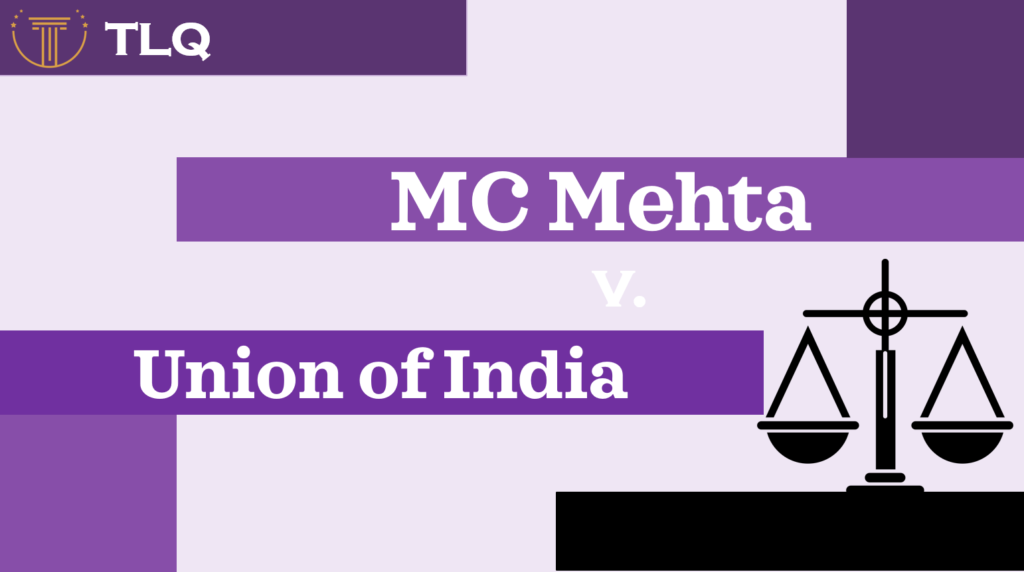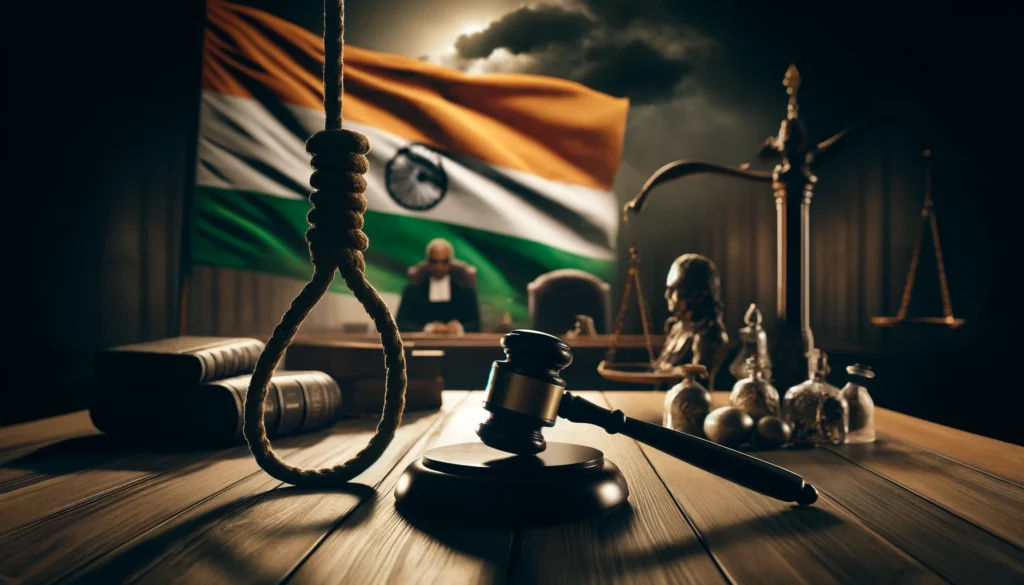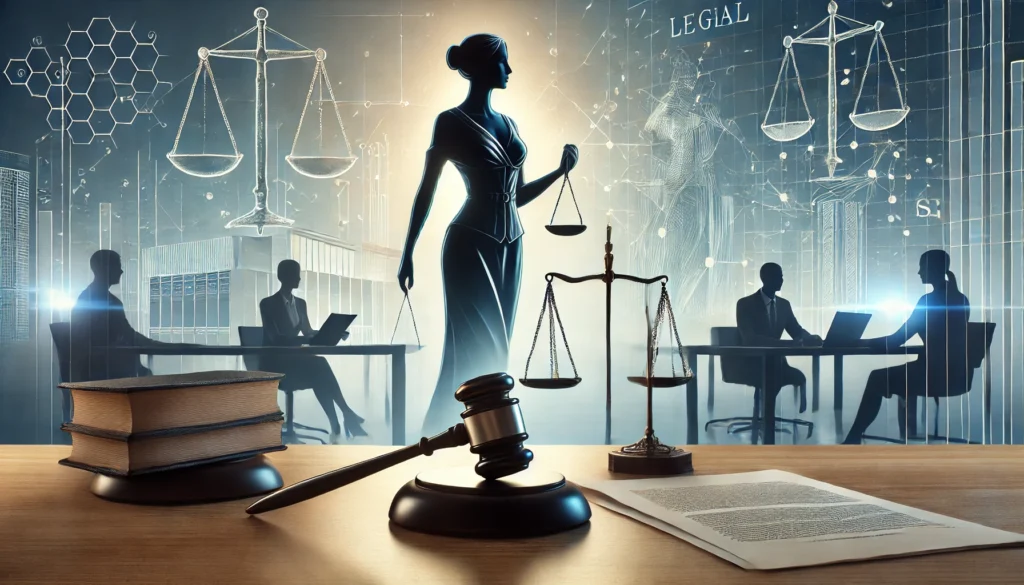Published On: 19th February, 2024
ABSTRACT
The Constitution of India nowhere mentions the freedom of the press directly. However, it is associated with Article 19 of the Indian Constitution which deals with the freedom of speech and expression. India being the world’s largest democracy should rank among the top few countries in the World’s Press Freedom Index. But sadly its rank is consistently falling from 133 in 2016 to 161 in 2023. India has around 300 news channels. May 3 is celebrated as the World Press Freedom Day. The violence against journalists, the politically partisan media, and the concentration of media ownership all demonstrate that press freedom is in crisis (Reporters Without Borders). However, in March, Union I&B Minister Anurag Thakur rejected Reporter Without Border’s ranking and questioned its methods. He said that the World Press Freedom Index is published by a non-governmental organization, called Reporters without Borders, and the government does not subscribe to its views and country rankings and does not agree with the conclusions drawn by this organization. Whatever the debates may be our main concern is whether the Indian media is actually free. Whether journalists are free to express their raw and unfiltered views regarding the socio-political matters of our country?
INTRODUCTION
The Latin verb “premere,” which means to press, is where the word “press” first appeared. The press freedom in India is a dynamic and evolving issue. It is influenced by various social, economic and political factors. The freedom of the press basically means the right to publish and disseminate information, thoughts, and opinions without restraint or censorship as guaranteed under the First Amendment to the U.S. Constitution. Article 19 of the Indian Constitution deals with the freedom of the press. The concept of freedom of speech upholds a person’s or a group’s right to express their thoughts and beliefs without worrying about reprisals, censorship, or negative consequences from the law. It encourages independent journalism and promotes democracy by letting the people raise their voices.
Article 19 was brought to light after the landmark judgment of Romesh Thappar v State of Madras[1] case which upheld that freedom of speech and expression includes freedom of the press.
The freedom of the press also provides us with the right to publish newspapers, magazines, and other printed matter without governmental restriction and subject only to the laws of libel, obscenity, sedition, etc.
In a democratic country like India, independent, professional, and responsible media is highly needed.
AN INCIDENT
Sanjay Rana is a nineteen-year-old journalist in Sambhal, Uttar Pradesh. He works for a local newspaper ‘Moradabad Ujala Newspaper’ and its YouTube channel. Gulab Devi is an Indian Politician and a member of the 18th Legislative Assembly, Uttar Pradesh of India. She represents the ‘Chandausi’ constituency in Sambhal district of Uttar Pradesh. She is the minister of State in the Ministry of Secondary Education of Uttar Pradesh. On 11th of March, 2023 Sanjay Rana was seen questioning Gulab Devi at a function saying, “(Before the elections) you had promised all of us, take an oath in the temple, that Buddha Nagar is yours, that everyone here is your adopted child. You had also told the village elders ‘Tell me what work you need done, I will do it.’ You also said that if you win the elections, you would return to this village. But despite that, you never came back.” He also said, “In Buddha Nagar, there is no baarat ghar, neither has any government toilet been built. You had promised to pave the way from the temple to this location, which is outside the event area. The road is still so rough that riding a bike on it is uncomfortable. Additionally, you had stated clearly that you would erect a wall around the village temple. On that, no work has started. Villagers attempted to increase pressure on these matters, but you never gave them any consideration. What are your thoughts on this? The speaker went on to state that although Gulab Devi had previously claimed that the sum of seventy lakhs was being collected for the sake of the village, she did not have any documentation for even ten lakhs. The villagers were also heard supporting Rana and complaining about the same. After this Gulab Devi says that she had been watching him (the reporter), and she says that she had recognized what he had been doing. She adds that whatever the reporter had said is correct but the time (probably referring to her time as MLA) is not done yet.
After the event, a local Bharatiya Janta Yuva Morcha leader, Shubham Raghav filed a complaint against Sanjay Rana at Chandausi police station because he interfered in the government’s work. The FIR was filed under Sections 323 (punishment for voluntarily causing hurt), 504 (intentional insult with intent to provoke them to disrupt public peace) and 506 (punishment for criminal intimidation) of the Indian Penal Code and Section 151 (to prevent the commission of cognizable offenses) of the Criminal Procedure Code allowing for authorities to conduct arrests without a warrant, however, the offenses listed in the first information report are all non-cognizable.
At around 2 p.m. on the 12th of March (Sunday), the Uttar Pradesh police arrested Sanjay Rana. During his arrest, officers grabbed Sanjay Rana by the collar, slapped him, and tied his hands with a rope. Shubham Raghav, a local leader of the Bharatiya Janta Party alleged that Rana was a ‘fake journalist’ and had come drunk to create problems in the event. Even after being arrested, Sanjay Rana stood by his words. He mentioned that he had asked for permission before approaching the minister. He said that he had not done anything wrong. “If someone is making false statements about the work they have done, shouldn’t we question it?” he further added. The lawyer who appeared for him was his editor, Dharmendra Singh. He was released on bail on Monday evening after remaining in police custody for over thirty hours.
Even though he was released, his fundamental right to free speech and expression has been infringed. As a journalist, he was capable of asking questions from the minister, Gulab Devi, and had the right to share his views with the public. There was no point in filing any complaint against him as he was only doing his job.
AFTER EFFECTS – After this incident took place, this became a political agenda for many politicians. Akhilesh Yadav, president of Samajwadi Party targeted the Bharatiya Janta Party over the incident as Gulab Devi is a member of the Bharatiya Janta Party. “This is the picture of democracy and freedom of expression under the BJP government,” he tweeted, along with a clip of Sanjay Rana with a policeman who had tied his hands with rope.
Moreover from the prima facie evidence, we can say that no effort was made by the police to verify whether Sanjay Rana was on official duty or not. The arrest, according to the Indian Journalists Union, “smacks of vendetta and overreach of power.” The Union said that this is a case of harassment to Sanjay Rana. The Union further added that the government and its ministers are answerable to the public. The Press Council had also issued a notice to the UP government demanding that the government immediately withdraw all charges against Rana and set up an independent inquiry against the ministers.
The Mumbai Press Club said that the freedom of the press (a constitutionally guaranteed fundamental right) has been curtailed.
LEGAL PROVISION
Article 19 of the Indian Constitution: (1) Protection of certain rights regarding freedom of speech, etc. – All citizens shall have the right –
- to freedom of speech and expression;
The United Nations’ Universal Declaration of Human Rights (UDHR) gives recognition to the Freedom of expressing oneself and of the press under Article 19.[2]
There are no specific provisions regarding the freedom of the press or media but freedom of the press comes under the freedom of speech and expression. The journalists are free to express their views and criticize the system of our country.
Since the right of the press is already protected under the concept of “freedom of expression,” the framers of the Constitution did not see the need to include a separate clause addressing press rights.[3]
“The freedom of the press is the prerogative to publish periodicals, books, newspapers, and other media without interference from the government or prior censorship.”[4]
This particular fundamental right of Sanjay Rana has been violated.
RELATED JUDGMENTS
The Supreme Court in Sakal v Union of India[5] stated that the curtailment of advertisements is a violation of the freedom of speech and expression under Article 19(1)(a) of the Constitution of India as it would have a direct impact on the circulation of newspapers.
In the 1995 case of Tata Press Ltd v. MTNL, the court determined that the freedom of speech and expression guaranteed by Article 19(1)(a) of the Indian Constitution of 1950 encompasses the entitlement to commercial speech, or the right to advertise.
In the case of Sahara India Real Estate Corp. v SEBI[6], the court observed that the press and media have the liberty to report and publish the proceedings of any case and the Court has no power to postpone or delay the media from exercising its freedom to report such cases, unless any reasonable cause or interest is given.
CONCLUSION
To sum up, everything that has been stated so far, we can say that press freedom is a very essential component of any democratic society. It provides the right to the journalists to investigate report and inform the public at large without any kind of fear or censorship. The presence of a free press or media keeps a check on the activities of the government and also maintains transparency. It also serves as a good medium for the exchange of ideas. Moreover, the press should be free from any sort of threat. Although the freedom of the press is guaranteed by the Constitution, it comes with certain restrictions and responsibilities. Anyways, the press freedom shouldn’t be absolute; it should be restricted to some extent to ensure that the public receives accurate information.
In the case of Sanjay Rana, we clearly saw that it was a case of harassment of an innocent journalist. He was put to jail just for doing his job. The very people we elect misuse their power once they are elected. The political interference in the press has resulted in corruption. By exercising their powers, the political leaders threaten the journalists and we are deprived of receiving the correct information regarding the system. This is the loophole in our system that needs to be rectified. This is not the only incident, there are a number of incidents in which the leaders threaten the media by exercising their power and the public is deprived of receiving the actual information with transparency. And somehow, we are normalizing this and this has become a part of the society. The mainstream media is mostly seen favoring the political leaders due to which we can receive only that part of the information that the leaders want us to know. On the other hand, those people who question it are the ones who face consequences. Sadly, the only people who are there for our overall development have developed a sense of fear in our minds to the extent that we are afraid to speak up and give our individual views.
SUGGESTIONS
Considering the aforementioned incident, I would like to put forward certain suggestions for the legal system as well as the political system:
- The transparency should be maintained regarding whatever news is being displayed and it should be free from censorship.
- Fake news and publishing of news just for the sake of views should be avoided and the real news should be laid emphasis on.
- The news which we receive must be free from any sort of political interference.
- The press and media should be provided with more safety and protection so that they publish news without any fear.
- In India we have certain laws that protect the right of freedom of the press but the problem comes with implementation. The laws should be made more precise regarding this. As we cannot keep a watch on each and every activity of the government, the media and press are the only way people can know the exact thing happening in society. The court must understand the seriousness of this issue of political parties in power suppressing the voice of those who have voted them to power and have trusted them to make policies for their overall betterment. The court must protect those who question ‘how their money is being utilized?’ otherwise these people in power would behave as if this power and tax-collected money has been given to them in inheritance. In this scenario protection of the right of freedom of the press is a must.
REFERENCES
https://rsf.org/en/country/india
https://youtu.be/6h4pAe4vqiA?si=00vdWJ64Gm-qyye2
https://youtu.be/RCBZ1uMgZQ4?si=heOAB_Y21zp_6eQd
https://youtu.be/zsnRf0YikGs?si=tu-OmGRDt4cd4l4w
[1] Romesh Thappar v. State of Madras, AIR 1950 SC 124 SCR 594
[2] Universal Declaration of Human Rights, 1948, article 19
[3] Express Newspapers v Union Of India, (1959) 1 SCR 12
[4] Freedom of the press, Collins Dictionary (Nov. 28, 2018, 6:50 PM), https://www.collinsdictionary.com/dictionary/english/freedom-of-the-press
[5] SAKAL PAPERS (P) LTD., AND OTHERS v THE UNION OF INDIA, 1962 AIR 305
SCR (3) 842
[6] Sahara India Real Estate Corp. v SEBI, AIR 2012 SC 3829




